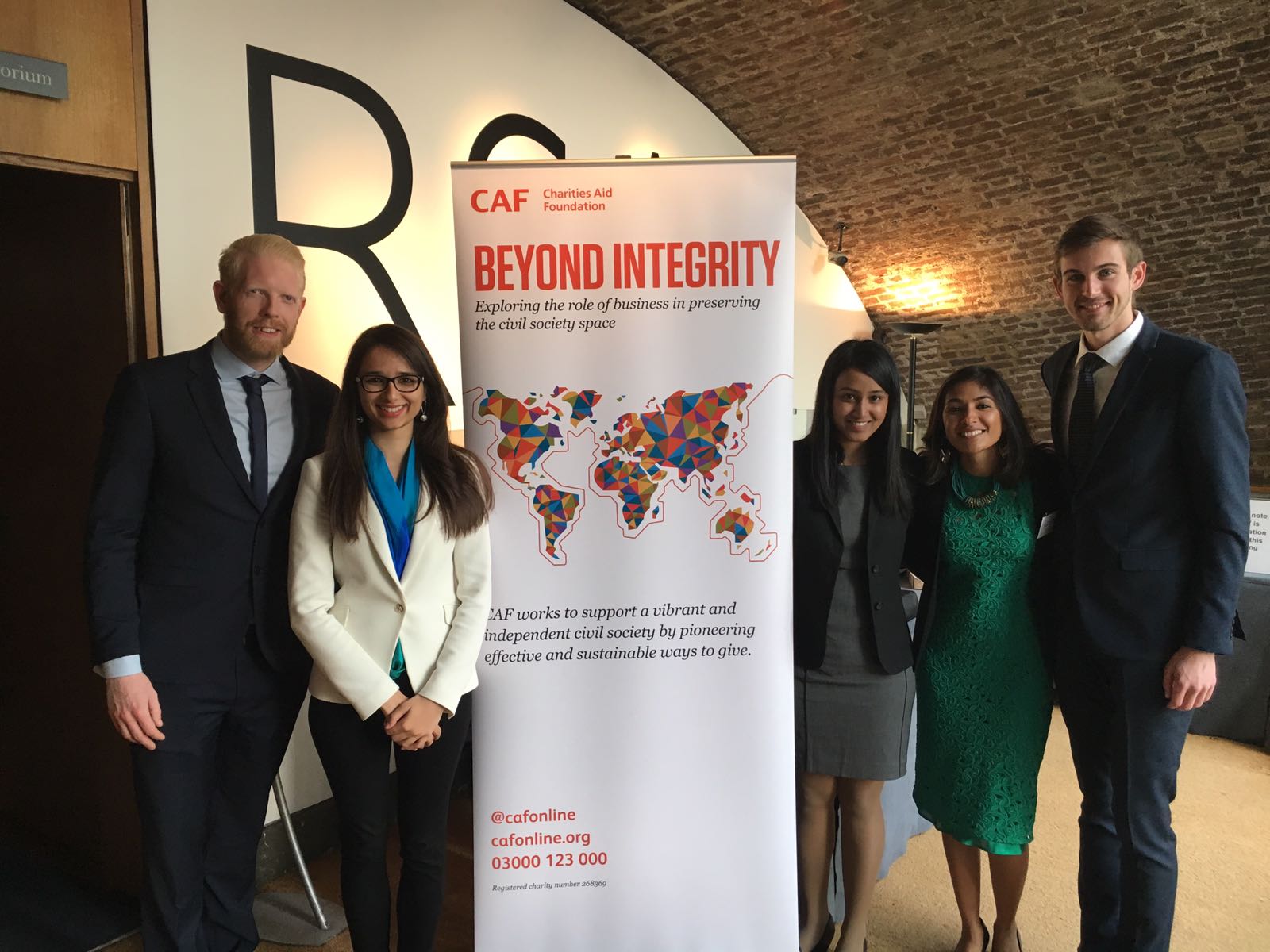International alumnus, Tinnaphop Sinsomboonthong (Tintin), shares his post-graduation experience as a lecturer in Sociology of Development in his home country. After two years since conquering his Nightmare on Houghton Street, what is happening now?

It was in the Michaelmas Term in 2016 when I suffered a Nightmare on Houghton Street – graphs, numbers and economic jargon used in lectures and readings in my compulsory course DV400 Development: History, Theory and Policy. As I had learned from Prof. James Putzel to “bring the best out of me” to overcome my weaknesses, I found my own ways to get rid of my fear of graphs, numbers and economic jargon and to survive the nightmare until the end of the study programme. Deeply in my heart, I hoped that there would be no more chance to encounter Mr. Freddy Krueger ever again through all my life.
I remembered that Prof. Putzel once claimed in the first welcome session for MSc Development Studies students that the compulsory course is one of the most professionally useful courses for post-graduation life. I am now a lecturer who teaches in sociology of development in my home country and I aim to maximise my skills and knowledge gained from the compulsory and most of selective courses at LSE. It seems like the compulsory course has surely been useful for me just as Prof. Putzel once said.
Whilst I enjoy my post-graduation life – it is like a dream come true – it seems that, this dream is gradually turning into a nightmare in which Mr. Freddy Krueger has appeared once again. However, this time, he does not come to attack me, but most of my students.
I have noticed most of my students struggling, week by week, to overcome economic jargons and graphs in the mainstream development theories that I have been teaching in this term. I have realised that they are, in fact, the old me who was once haunted by Mr. Freddy Krueger!
As I am now aware that such nightmares can be overcome by focusing on my strengths instead of wasting time on my weaknesses, I decided to pass on this knowledge, inspiration, and techniques to my students – just as Prof. Putzel once suggested – so that they could stand up for themselves against their fears of graphs, numbers and economic jargons.
Some advice for those working hard this term at LSE to overcome their Freddy Krueger encounter: bring the best out of your strengths from previous academic and professional backgrounds to deal with your fears. If Nancy Thompson, the main protagonist in “A Nightmare on Elm Street” (1984), could survive from her nightmare, I am sure that they can do it too!
As the graduation ceremony of the 2017-2018 students is now approaching, apart from congratulating their dignified success, I would like to take this opportunity to suggest that they look forward to expecting the unexpected in their post-graduation life.
I have also realised that something unwanted in your old-days might become your invaluable asset someday. Even though graphs, numbers and economic jargon in the compulsory course at LSE were unwanted because they used to weaken and terrify me, thanks to them, I have learned that I could conquer one of the most fearful enemies in my academic life at LSE. Also, thanks to them again, I can truly understand how most of my students are feeling this term and how to alleviate their stress.
Someday most of you might learn that even Mr. Freddy Krueger has a good side too! That’s why we should expect the unexpected!
Tinnaphop Sinsomboonthong holds a master’s degree in Development Studies at LSE, funded by the UK Government’s Chevening Scholarship 2016/2017. After six years of working with key international organisations and NGOs in Thailand, he is currently a lecturer at the Faculty of Sociology and Anthropology, Thammasat University, Thailand.
The views expressed in this post are those of the author and in no way reflect those of the International Development LSE blog or the London School of Economics and Political Science.





